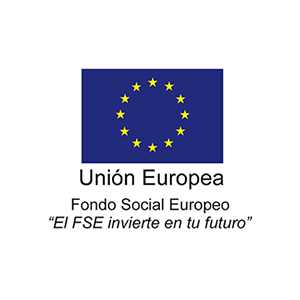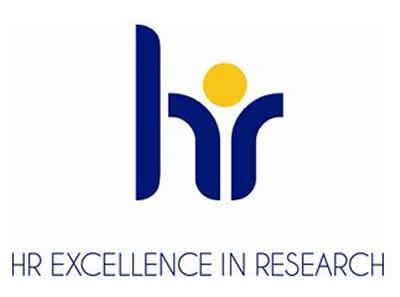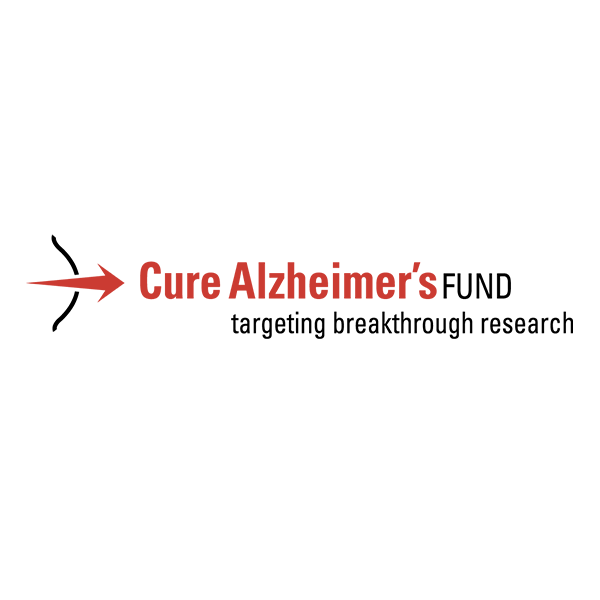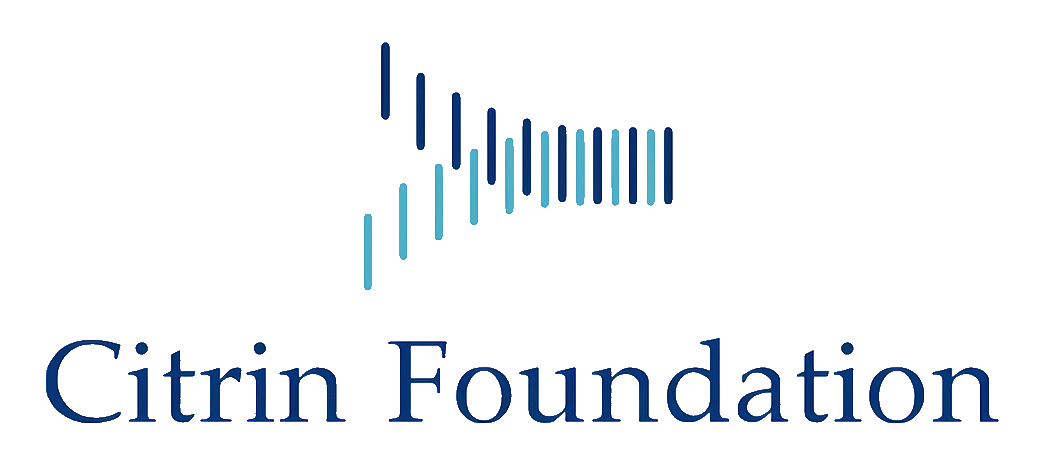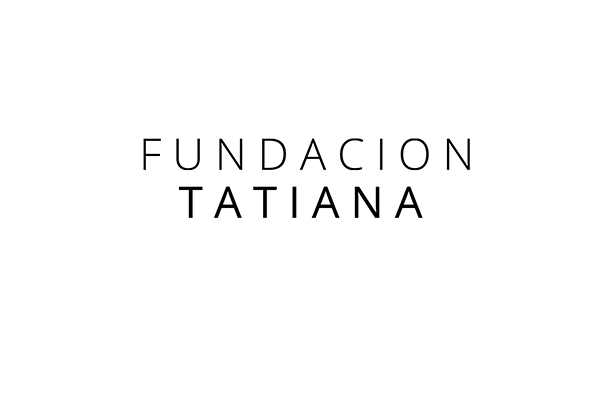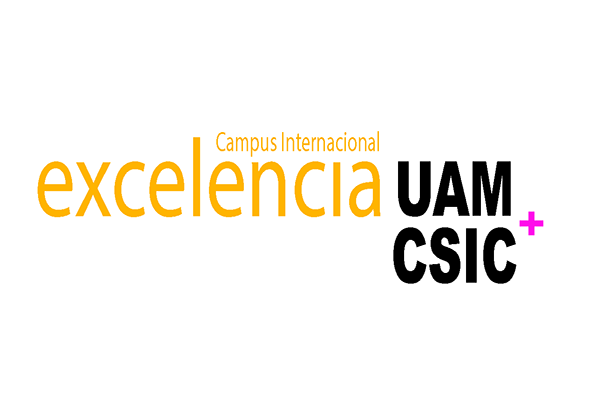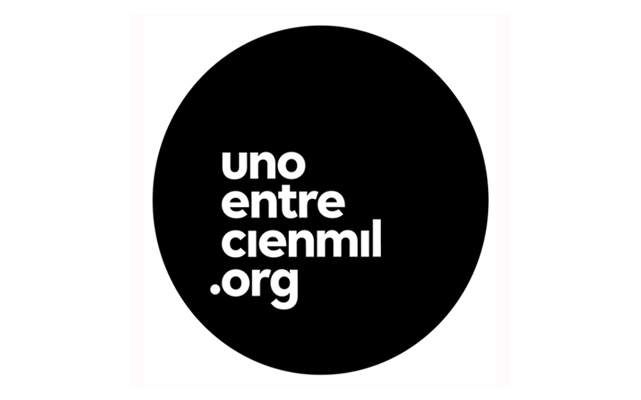Translational medicine in inborn errors of metabolism and other rare genetic diseases
Research summary:
Our group has been focused on the research of inborn errors a metabolism (IEM) for 30 years ago. Inborn errors of metabolism are one of the major groups of rare genetic diseases (1 every 800 newborns have one). The aims are aligned with the international guidelines focused to improve the identification of genetic/genomic causes of rare diseases and the development of advanced therapies. Genomic high-throughput sequencing has dramatically accelerated gene discovery in IEM, transforming Metabolic Medicine. However, more than half of patients remain undiagnosed since examinations are usually restricted to coding sequences, or, if whole genome sequencing (WGS) is performed, diagnosis is prevented since many of the variants detected are of unclear clinical significance. Our aim is to increase the diagnosis rate for IEM via a multi-omics pipeline of genomic, transcriptomic, and epigenomic data for detecting elusive deep intronic and non-coding variants and comprehensively understanding their functional consequences. Additionally, via long-read PCR-free sequencing, we propose to address the inefficiencies of current technologies when faced with long repetitive elements (LINE), copy number alterations, structural variations or DNA or RNA epigenetic modifications - all of which prevent the detection of (likely) large numbers of variants in the clinical setting. This multi-omics pipeline will be combined with a functional genomics platform for deciphering the clinical impact of splicing defects, non-coding variants and structural variations, using ex vivo cellular models, CRISP/cas9 edition to generate cellular models, and cells differentiated from iPSC-derived fibroblasts for examining genes with tissue-specific expressions. Our second aim is to advance in therapeutic strategies for these orphan diseases (i.e. PMM2-CDG, Methylmalonic aciduria, or hyperglycinemia, among others) based on small chemical compounds (i.e., pharmacological chaperones, proteostasis regulators), drug repurposing, mRNA, and protein therapies. We plan to use differentiated cells from iPSC, generated from patient-derived fibroblasts. We are working on the generation of hepatocyte-like cells, Purkinje-like cells, or astrocyte-like cells as a preclinical cellular platform for testing the efficiency and efficacy of potential drugs and for high throughput drug screening. These cellular models are been used for to study the pathophysiology of the diseases using experimental multi-omics data (transcriptomics, metabolomics, proteomics or genomics data) to generate mathematical models by system biology and artificial neuronal networks. This work will foster and expedite worldwide collaborations aimed at enhancing the clinical usefulness of genetic discoveries and therapeutic strategies in rare diseases. The translational biomedical impact of the group is notable since the identification and characterization of the genetic basis of diseases is a necessary step for implementing tailored treatments in the era of Personalized Precision Medicine in rare diseases.
This project is funded by the following grants: ISCIII PI22/00699 and Collaborative grants from CIBERER

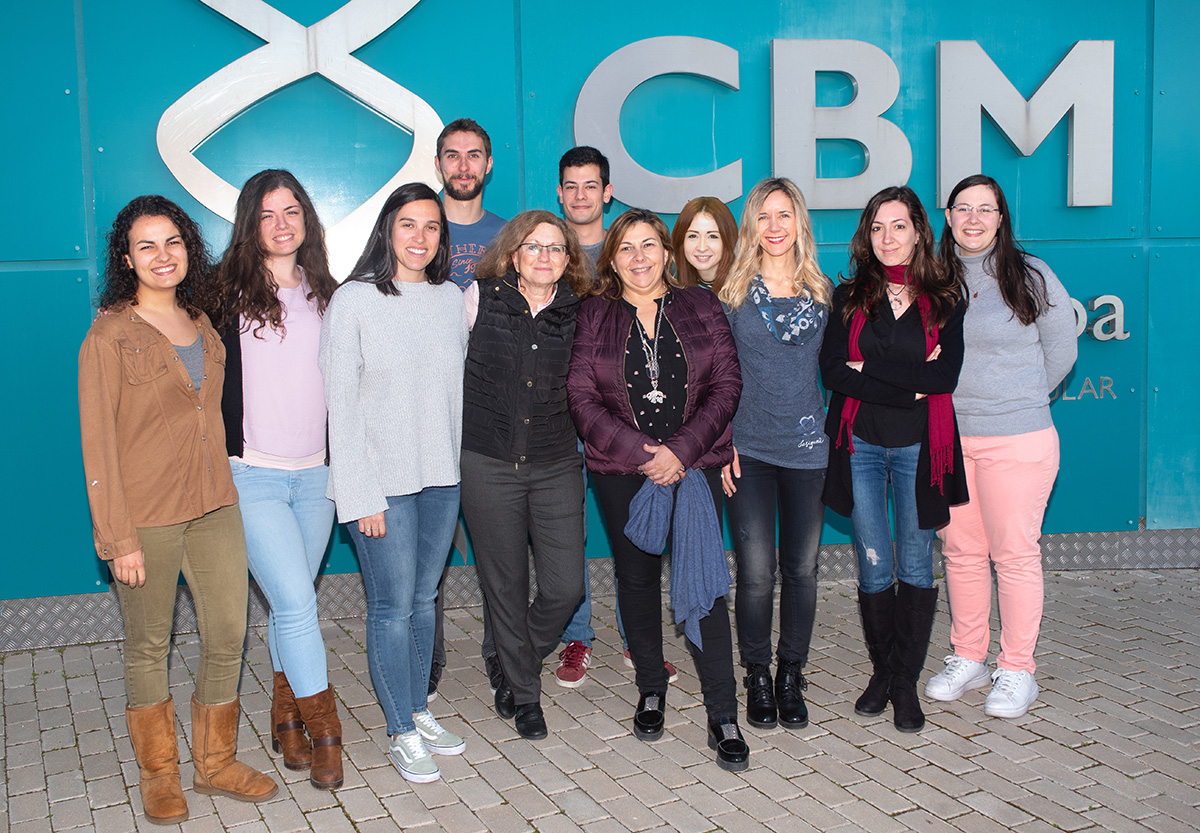
| Last name | Name | Laboratory | Ext.* | Professional category | |
|---|---|---|---|---|---|
| Arribas Carreira | Laura | 220 | 4596/7830 | laura.arribas(at)cbm.csic.es | Titulado Sup. Actividades Tecn. y Profes. GP1 |
| Gallego Martínez | Diana | 220 | 4596/7830 | Titulado Sup.de Actividades Técn. y Profes. GP1 | |
| Gámez Abascal | Alejandra | 220 | 4596/7830 | agamez(at)cbm.csic.es | Profesor Contratado Universidad, GA |
| Leal Pérez | Mª Fátima | 220 | 4566/7830 | fleal(at)cbm.csic.es | Contratado CIBER |
| Navarrete López de Soria | Rosa María | 220 | 4566/7830 | rnavarrete(at)cbm.csic.es | Contratado CIBER |
| Pérez González | Belén | 220 | 4566/7830 | bperez(at)cbm.csic.es | Profesor Titular Universidad, GA |
| Rodríguez Pombo | Pilar | 220 | 4628 | mprodriguez(at)cbm.csic.es | Profesor Titular Universidad, GA |
| Soriano | Alejandro | 220 | 4560/7830 | ||
| Vilas Lagoa | Alicia | 220 | 4560/7830 | alicia.vilas(at)cbm.csic.es | Titulado Sup.de Actividades Técn. y Profes. GP1 |
Relevant publications:
- Alejandro Soriano-Sexto, Diana Gallego, Fátima Leal , Natalia Castejón-Fernández , Rosa Navarrete, Patricia Alcaide, María L. Couce, Elena Martín-Hernández, Pilar Quijada-Fraile, Luis Peña-Quintana, Raquel Yahyaoui, Patricia Correcher, Magdalena Ugarte, Pilar Rodríguez-Pombo, Belén Pérez. Identification of Clinical Variants beyond the Exome in Inborn Errors of Metabolism. Int. J. Mol. Sci – 2022
- Cristina Segovia-Falquina, Alicia Vilas, Fátima Leal, Francisco Del Caño-Ochoa, Edwin P Kirk, Magdalena Ugarte, Santiago Ramón-Maiques, Alejandra Gámez, Belén Pérez. A functional platform for the selection of pathogenic variants of PMM2 amenable to rescue via the use of pharmacological chaperones: Hum Mutat 2022 Oct;43(10):1430-1442.
- Briso-Montiano A, Del Caño-Ochoa F, Vilas A, Velázquez-Campoy A, Rubio V*, Pérez B*, Ramón-Maiques S* (* all are corresponding authors). Insight on molecular pathogenesis and pharmacochaperoning potential in phosphomannomutase 2 deficiency, provided by novel human phosphomannomutase 2 structures. J Inherit Metab Dis 2022: 45(2):318-333.
- Arribas-Carreira L, Dallabona C, Swanson MA, Farris J, Østergaard E, Tsiakas K, Hempel M, Aquaviva-Bourdain C, Koutsoukos S, Stence NV, Magistrati M, Spector EB, Kronquist K, Christensen M, Karstensen HG, Feichtinger RG, Achleitner MT, Lawrence Merritt J, Pérez B, Ugarte M, Grünewald S, Riela AR, Julve N, Arnoux JB, Haldar K, Donnini C, Santer R, Lund AM, Mayr JA, Rodríguez-Pombo P, Van Hove JLK Pathogenic variants in GCSH encoding the moonlighting H-protein cause combined Nonketotic Hyperglycinemia and Lipoate Deficiency.. Hum Mol Genet – 2022.
- Cristina Segovia-Falquina, Alicia Vilas, Fátima Leal, Francisco Del Caño-Ochoa, Edwin P Kirk, Magdalena Ugarte, Santiago Ramón-Maiques, Alejandra Gámez, Belén Pérez. A functional platform for the selection of pathogenic variants of PMM2 amenable to rescue via the use of pharmacological chaperones. Hum Mutat 2022 Oct;43(10):1430-1442.
- Briso-Montiano A, A Vilas, E Richard, P Ruiz-Sala, E Morato, LR Desviat, M Ugarte, P Rodríguez-Pombo, B Pérez.Hepatocyte-like cells differentiated from methylmalonic aciduria cblB type induced pluripotent stem cells: A platform for the evaluation of pharmacochaperoning. Biochim Biophys Acta Mol Base Dis 2022 Sep 1;1868(9):166433.
- A Vilas, P Yuste-Checa, D Gallego, LR Desviat, M Ugarte, C Pérez-Cerda, A Gámez and B Pérez. Proteostasis regulators as potential rescuers of PMM2 activity. Biochim Biophys Acta Mol Basis 2020 Jul 1;1866(7):165777. doi: 10.1016/j.bbadis.2020.165777.
- Pathogenic variants of DNAJC12 and evaluation of the encoded co-chaperone as a genetic modifier of hyperphenylalaninemia. Gallego Diana, Leal Fátima, Gámez Alejandra, Castro Margarita, Navarrete Rosa, Sánchez-Lijarcio Obdulia, Vitoria Isidro, Bueno-Delgado Marí, Belanger-Quintana Amaya, Morais Ana, Pedrón-Giner Consuelo, García Inmaculada, Campistol Jaum, Artuch Rafael, Alcaide Carlo, Cornejo Verónica, Gil David, Yahyaoui Raquel, Desviat Lourdes R., Ugarte Magdalena, Martínez Aurora, Pérez Belén. Human Mutation 2020 Jul;41(7):1329-1338. doi: 10.1002/humu.24026.
- Celia Medrano, Ana Vega, Rosa Navarrete, Jesús Ecay, Rocío Calvo, Samuel Ignacio Pascual, Mónica Ruiz-Pons, LauraToledo, Inmaculada García-Jiménez, Ignacio Arroyo, Andrea Campo, M. Luz Couce, M. Rosario Domingo-Jiménez, M. Teresa García-Silva, Luis González-Gutiérrez-Solana, Loreto Hierro, Elena Martín-Hernández, Mercedes Martínez-Pardo, Susana Roldán, Miguel Tomás, Jose C. Cabrera, Francisco Mártinez-Bugallo, Lucía Martín-Viota, Isidro Vitoria-Miñana, Dirk J. Lefeber, M. Luisa Girós, Mercedes Serrano Gimare, Magdalena Ugarte, Belén Pérez* and Celia Pérez-Cerdá* (shared authorship). Clinical and molecular diagnosis of non-phosphomannomutase 2 N-linked congenital disorders of glycosylation in Spain. Clin Genet 2019 May; 95(5): 615-626.

